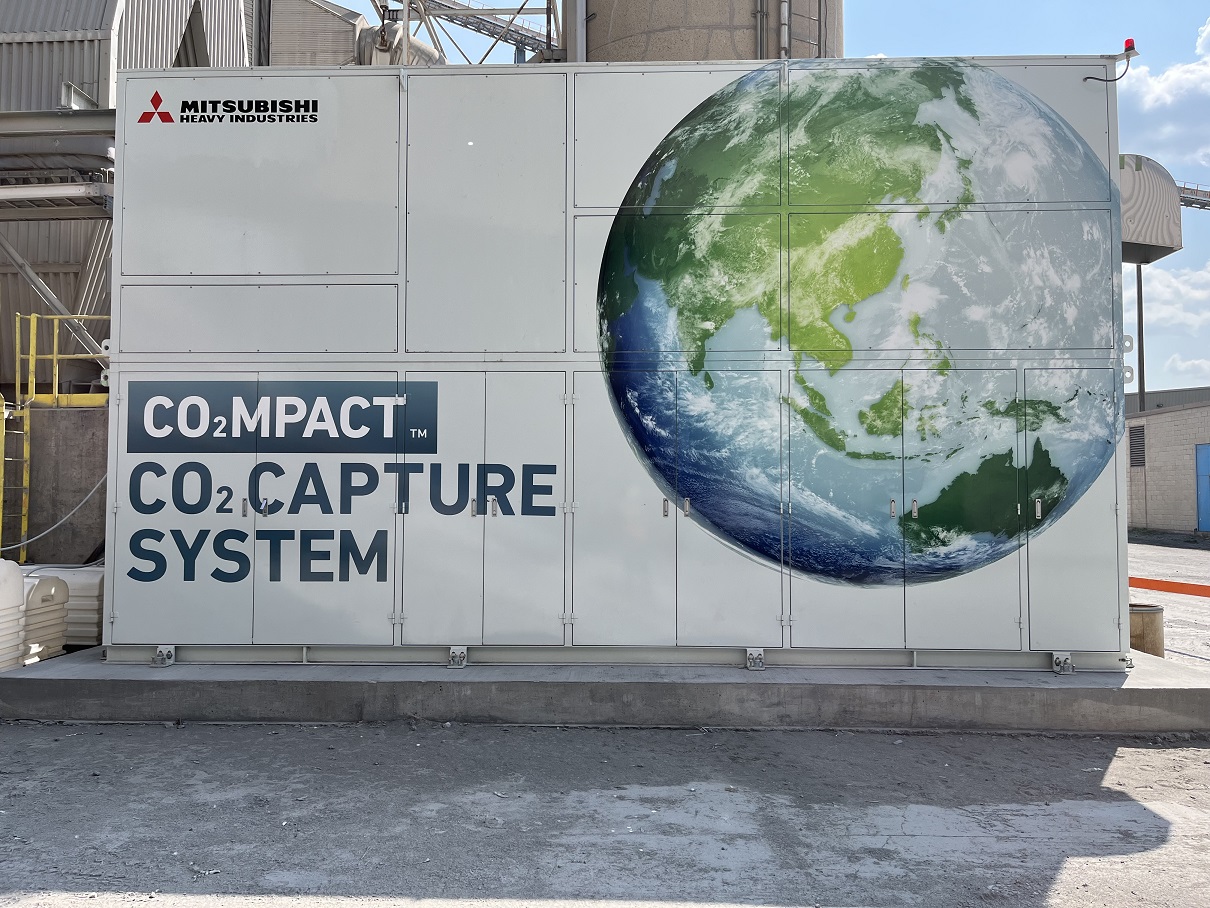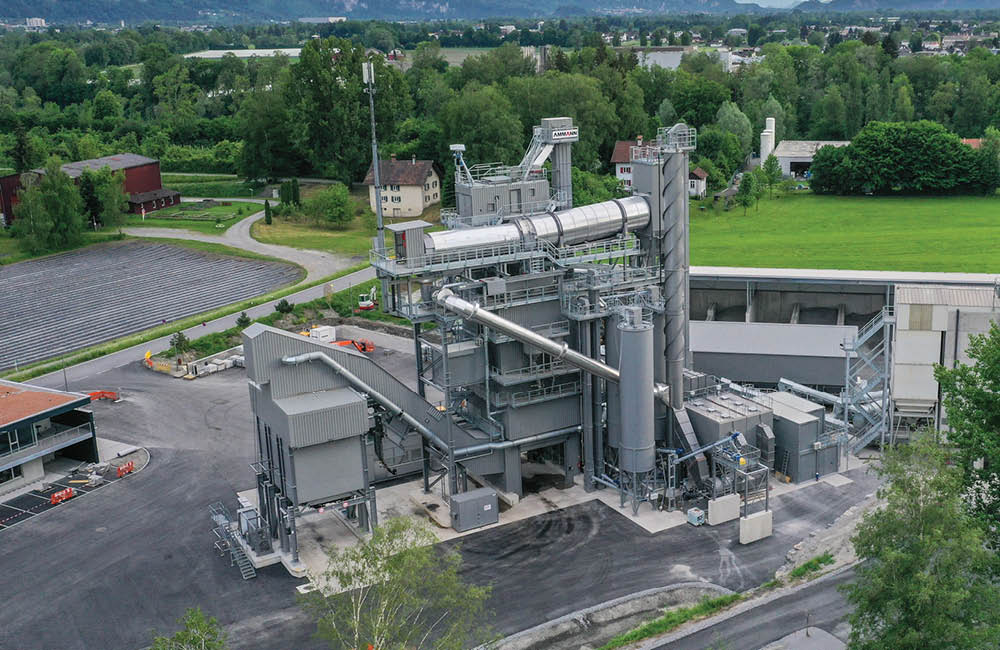
Mitsubishi Heavy Industries has delivered and installed a compact CO2 pilot capture system - “CO2MPACT” - at the Heidelberg Materials cement plant in Edmonton, Alberta, Canada.
The new facility, which Heidelberg Materials anticipates being operational by late 2026, will capture more than 1 million tonnes of CO2 annually from its Edmonton cement plant and the combined heat and power facility that is integrated with the capture process.
Alberta Minister of Environment and Protected Areas, Rebecca Schulz, joined the Heidelberg Materials and MHI teams at the Edmonton cement plant to formally initiate operations of the pilot CO2 capture system.
“Alberta is widely recognized as a leader in developing CCUS technology thanks in large part to industry trailblazers like Heidelberg Materials,” said Schulz. “Our province has invested billions of dollars to help industry cut emissions and will continue to support practical innovations that create jobs and grow the economy."
Heidelberg Materials says the project its vision of leading the decarbonisation of the cement industry. Actively contributing to the development of the new 1.5°C framework, Heidelberg Materials was the first company in the cement sector to have its targets endorsed by the Science Based Targets Initiative (SBTi) in 2019.
“Today is a substantial milestone in our journey to building the world’s first full-scale carbon capture project in the cement industry,” said Joerg Nixdorf, VP cement operations, Northwest Region for Heidelberg Materials North America. “This initiative focuses the cement industry’s decarbonization efforts on the Province of Alberta, and we are encouraged by this significant step to lead the sector in CCUS.”
The Edmonton cement plant will leverage MHI’s proprietary Advanced KM CDR ProcessTM using the KS-21TM solvent (jointly developed with The Kansai Electric Power Co., Inc.) and will initially pilot the technology by testing different fuel sources and various plant operating modes. The pilot plant will enable Heidelberg Materials to validate the effectiveness of MHI’s technology on its specific flue gas as part of a two-stage competitive process that is currently underway to inform the final design.
At full operation, captured CO2 will be transported via pipeline and permanently sequestered. MHI's involvement also includes providing remote support services for the facility, using its proprietary remote monitoring system.
“MHI Group is proud to collaborate with Heidelberg Materials as an innovative solution provider for decarbonisation of the cement sector, which is still a new frontier for CCUS and excited to contribute to the effort on carbon neutrality in the Province of Alberta,” said Kenji Terasawa, CEO and head of engineering solutions at MHI Group.














